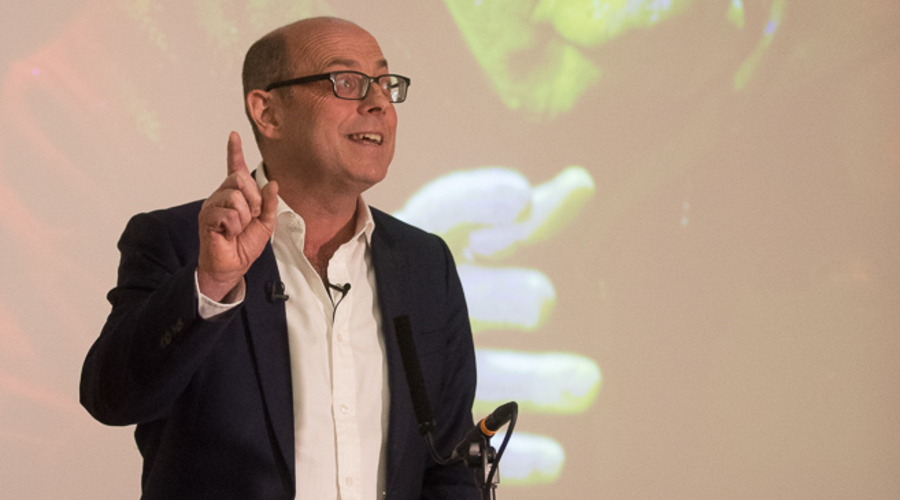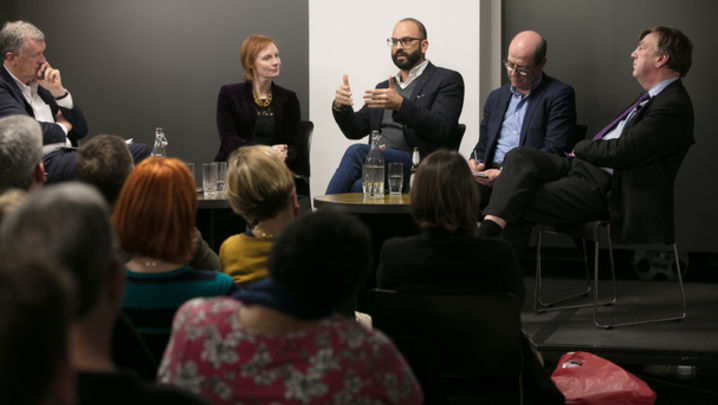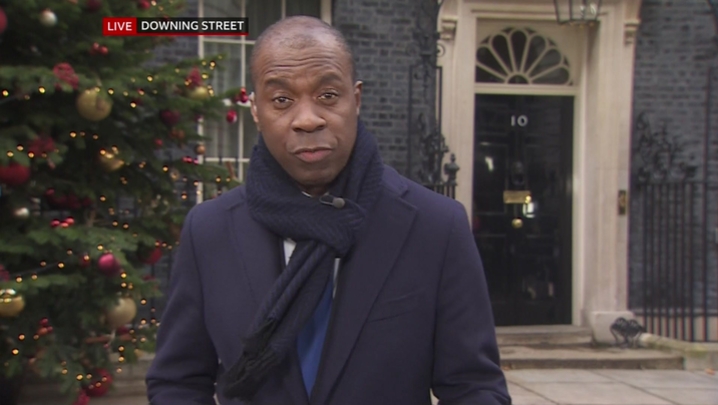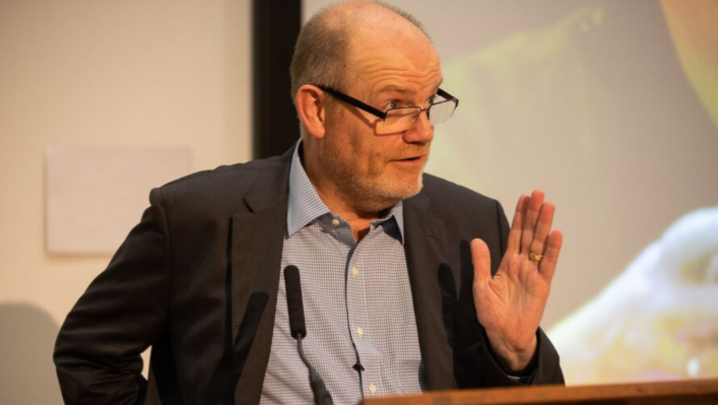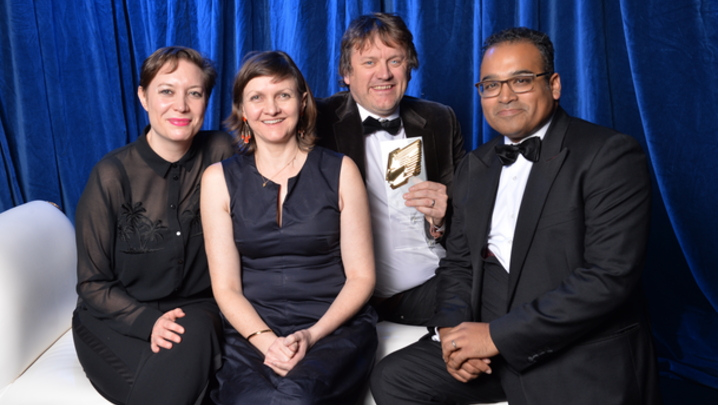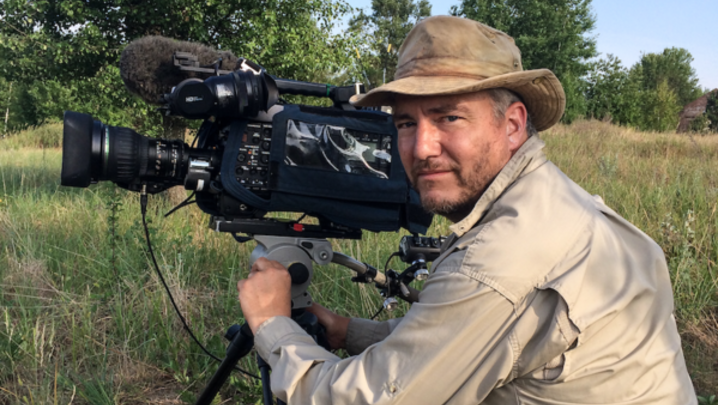Nick Robinson, in the first Steve Hewlett Memorial Lecture, has called for a new journalism of engagement in order to win back public trust.
The evidence is already clear that millennials largely ignore the news coverage of the traditional UK TV networks, said the Radio 4 Today presenter.
Unless broadcasters raise their game, Robinson said, there was a risk that quality news organisations like the BBC, ITN and Sky News would lose future generations of listeners and viewers.
Robinson, a former BBC and ITN political editor, said that erosion of trust in public institutions and the rise of alternative sources of news meant that traditional broadcasters needed to try harder.
He said: “That will involve finding new ways to ensure on air diversity – not just gender, ethnicity and age but, crucially background too – class, region, nation and education.
“And what should come with it – diversity of thinking.”
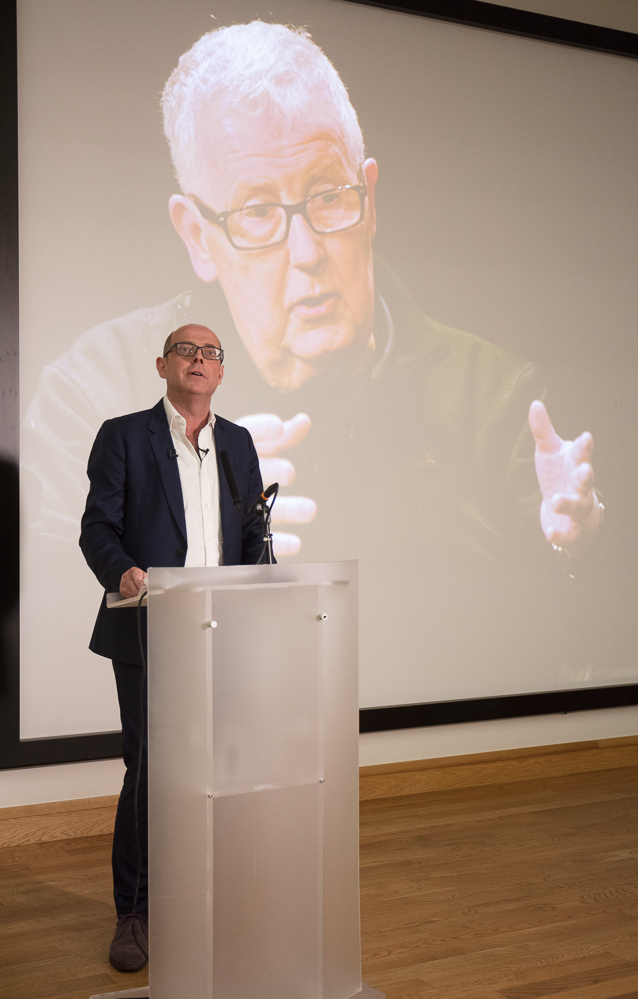 News is too important to be reduced to a three-letter word – OMG, LOL or WTF – as “powerful algorithms prioritise emotion over facts and analysis,” preventing people from accessing BBC news coverage.
News is too important to be reduced to a three-letter word – OMG, LOL or WTF – as “powerful algorithms prioritise emotion over facts and analysis,” preventing people from accessing BBC news coverage.
Trust in UK news had fallen by 7%, according to the latest data from Reuters Digital News Report.
And according to a YouGov survey, Wikipedia entries were judged to be marginally more trusted than the BBC.
“Fewer and fewer young people are watching BBC news on the TV,” Robinson warned. “More of them are reading news on social media whilst sitting on the bog.”
However, last year the reach of BBC News among adults was 75% - higher than any other UK news provider - and audience figures for Today were at record levels.
Despite this, attacks on mainstream media have mushroomed during the past three years.
Robinson discovered this first hand during his coverage of the Scottish independence vote – and more recently during this summer’s attack on a mosque in Finsbury Park, north London.
There local Muslims were furious that the BBC did not initially describe the incident as terrorism and turned their anger on Robinson.
He said that attacks on media like the BBC were “part of a guerrilla war being fought on social media day after day and hour after hour.”
As a growing number of people were drawn to what Robinson described as “identity journalism,” the Today presenter called on traditional news broadcasters to take their lead from the late Steve Hewlett and be more willing to challenge received opinion.
The rise of Jeremy Corbyn provided an example. “The ideas that made Corbyn popular – whether scrapping Trident or renationalisation – should be examined and interrogated in their own right and not simply as a cause of rows or splits.”
He added: “Too many interviews with Jeremy fail to take him and his ideas seriously enough."
*Click here to watch the full video*
As regulators and broadcasting executives think hard about social class and employment practices, again Hewlett provided a role model.
The ex-presenter of Radio 4’s Media Show, Panorama editor and former ITV executive was educated at the University of Manchester, a student Communist who organised a rent strike.
Hewlett’s BBC career was initially blocked because the corporation’s in-house MI5 representative singled him out as a potential security risk.
Working on the pioneering Channel 4 current affair show, Diverse Reports, Hewlett regularly challenged received wisdoms regardless of his own political views.
Repeating his call for “diversity of thinking” Robinson said the approach involved “not just who we employ, but how we do our jobs.”
He continued: “We should get out more, we should study the polls with more, not less intensity, and we should look for underlying trends.
“That does not mean extending still further the fatuous vox poppery that is a substitute for a serious examination of voter attitudes.
“Filming on a high street until you have obtained clips of contradictory opinions tells the viewer next to nothing. Exploring the roots of people’s attitudes can.”
Alongside his “mission to engage” Robinson said that organisations like the BBC needed to re-make the case for impartiality.
Relaxing impartiality rules would risk UK news broadcasting becoming like the US.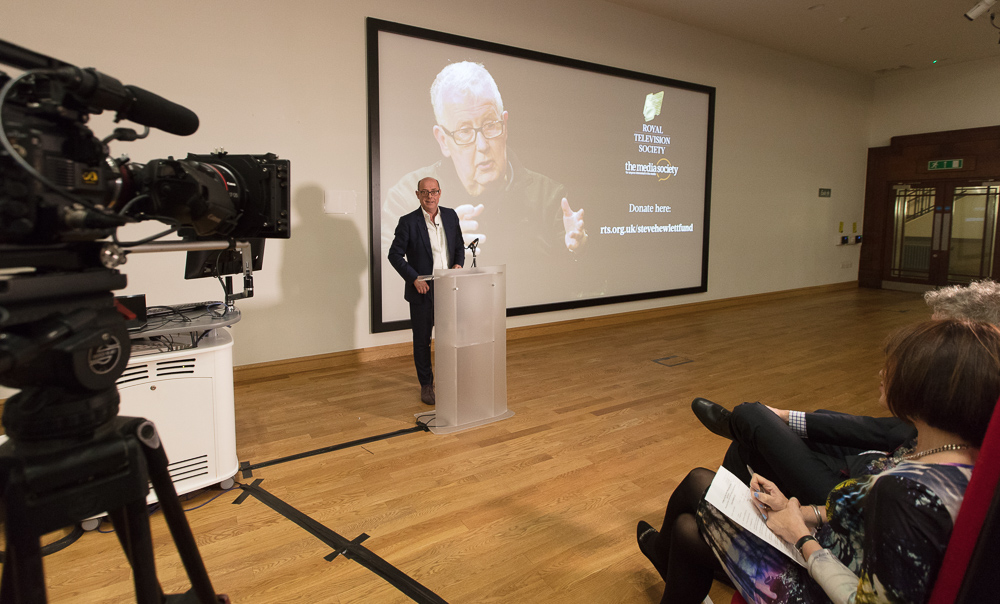
There audiences watch the news channel that most corresponds to their own worldview.
Impartial news risked being undermined by state-owned news channels such as Al Jazeera and services run by the Chinese, French and Iranian governments.
Robinson disagreed with James Murdoch’s view that a regulated news system such as Britain’s amounted to “authoritarianism.”
He claimed that prior to the 2010 general election Murdoch had lobbied hard for the Conservatives to dismantle Ofcom.
Part of Murdoch’s aim, according to what a senior Tony minister had told Robinson, was to secure full control of BSkyB and to turn Sky News into a channel to challenge what he saw as the BBC’s innate liberal bias.
In order to broadcast “the best obtainable version of the truth” Robinson called on the BBC to introduce greater transparency into its journalism.
Part of this would involve “translating Producers’ Guidelines into fluent human,” being swifter at dealing with complaints and being more assertive in nailing politicians’ lies.
“I confess that I discussed having a sort of giant fridge magnet made to attach to the Vote Leave bus carrying the words of the many independent figures who pointed out the inaccuracy of their central claim,” Robinson recalled.
In conclusion the Today presenter said: “In a world in which there is ever more information but it gets ever harder to reach the people you want to reach, our challenge is to engage people we could once take for granted.
“It is that mission which – along with the Steve Hewlett scholarship – would be a fitting testimony to Steve.”
The Steve Hewlett Memorial Lecture is a joint initiative between the RTS and the Media Society. Nick Robinson delivered his talk at the University of Westminster in central London on September 28. The producer was John Mair.

